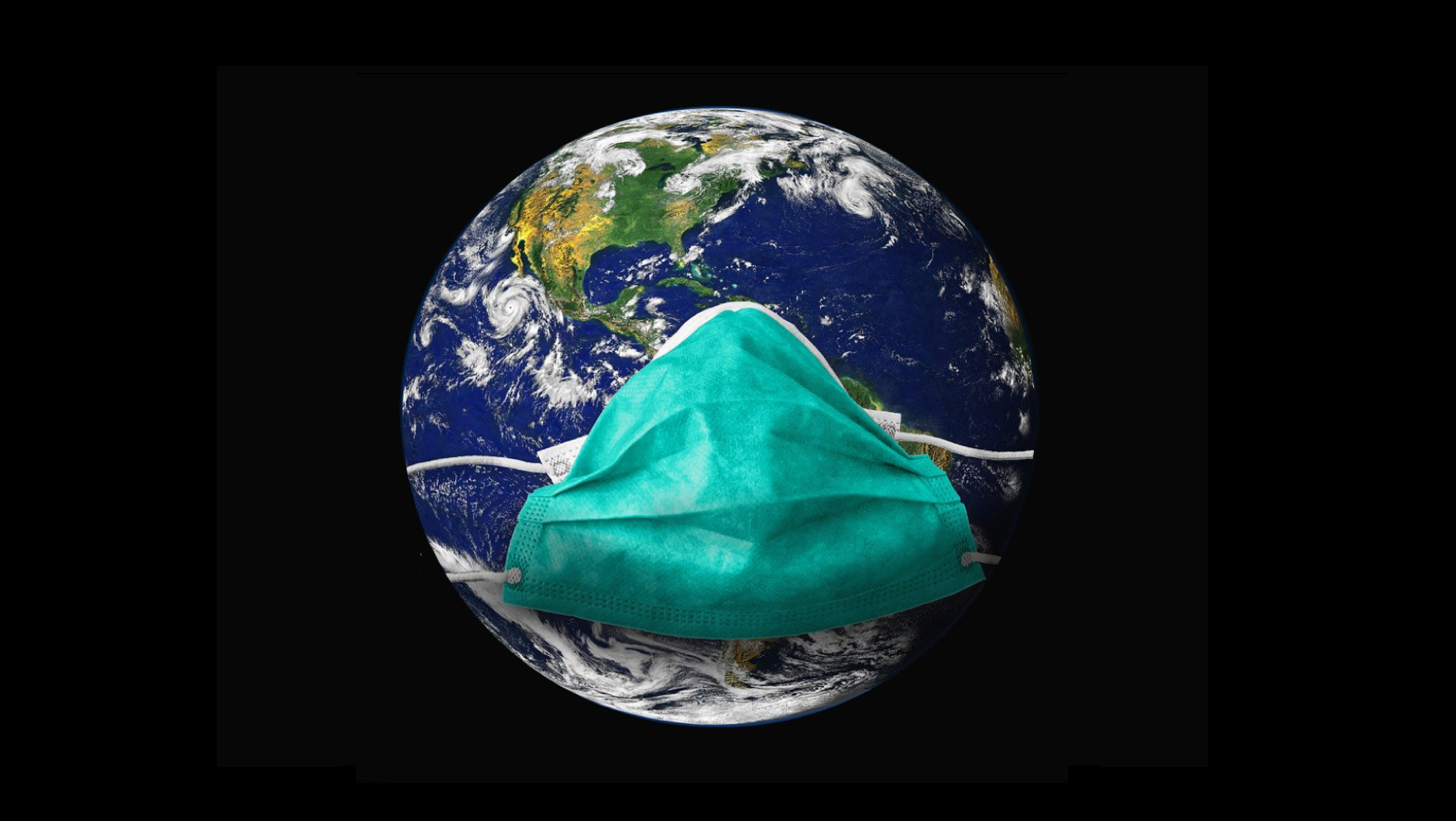IR Theories in Times of COVID-19

We conquered space. We landed on the moon. We shared satellite pictures from Mars – yet it took a tiny virus to stop the world from moving. Top executives are sent home to work from their uncomfortable bedrooms. International gatherings have been postponed. Social meet ups have been adjourned until further notice. And suddenly, priorities have been re-shuffled, and our perceptions have been tremendously shaped.
Escorting this disoriented shift in our perceptions and interpretations, I would like to remind our readers of key concepts in the field of international relations (IR) theories that can help us overcome this period of lockdown, without disregarding the checks and balances at stake.
Lockdown, A Question of Agency or Structure?
To begin , the preventive lockdown measures have really hit hard the Realists’ core beliefs in stability under a bipolar system. For those who found themselves stuck at home with their family, partner, roommate, or even alone, it is vital to reflect on the processes to maintain relationships. In this respect, this is the right time to consider adding more actors to the systems as you might face proxy wars from time to time.
Keep in mind, adding actors will not make you less of a Realist. Bringing in Netflix, books, or indoors activities into your life will help you in clustering the causes of conflicts or disagreements into categories, or in Kenneth Waltz’ language, into levels of analysis. After all, prescriptions rely on the determination of causes.
Waltz, a realist academic, identified in his book “Man, the State, and War”, three images of analysis. The first image is the “individual”, and it argues that the cause of the conflict depends on the nature of the human being, or in other words: the characteristics of the persons with whom you are locked down. The second image is the “state or society”, and it prioritizes social impact over human nature. In other words, it is important to detect how pre-Corona social interactions have shaped the behavior of the people that you [think you] know. Finally, the third image is the “International system”. This image helps you analyze the external forces that determine policy choices or the positioning of those you’re locked in with.
Under these same circumstances, Liberals seek establishing more alliances and coalitions instead of focusing on upholding the balance of power. In this context, the key to a successful lockdown resides in believing in structures, in proper institutions, and in diplomacy. Actors are not autonomous and their influences depend on the decision arenas. This school of thought recommends you to create mechanisms at home that aim to accelerate the decision making process in accordance to the various interests. In this respect, I suggest dividing the tasks between things like cleaning, cooking, and maintaining the group’s sanity. And if you are alone at home, using tools such as a calendar or Trello, will help you in structuring your day.
Liberals reject power politics, and advocate for international cooperation, economic and cultural exchange. Hence, they see in the lockdown a structural opportunity to re-connect whether to their inner-selves or to the outside world. In order to survive this crisis, they resort to the internet as a non-governmental actor to shape their preferences, and to multiply their choices. While working from home, you can start learning a new language or skill, re-connect with your friends living abroad, or even organize e-gatherings and involving family members.
A Liberal lockdown might be slightly complex due to the overlap of interdependence between actors and interests. Yet, it is built on a very precise set of social agreements, referred to as a social contract by Jean-Jacques Rousseau. These set of rules are agreed upon, yet they do not limit individuals’ freedom in deciding what they want to do, of course within the limited geographical space.
Beyond the Construct
While realists and liberals focus primarily on the factor of agency and on relationships’ (conflicts’) management, being locked down with a Constructivist might appear more fun to you.
Conventional constructivists are interested in understanding the actor’s preferences. Usually mothers belong to this category as they apply a cognitive approach to study the whole rooms’ culture, including individuals’ preferences and health records. The topic of history is frequently addressed, as well as the moral norms of the family or even of the partner.
In a constructivist setting, the actors and systems co-develop. In this respect, constructivists do not fear long periods of lockdown, as they can adapt to changes in accordance to the factors at stake. In certain contexts, skepticism is tolerated. Yet, too much of it, might be unhealthy under such ambiguous conditions. Skepticsmight encourage individuals or the whole group to break the rules of social distancing due to their distrust in knowledge and scientific judgments.
Regardless of your IR theory preference, it is important to remember that we are going through this difficult period together. Let us focus more on combining our resources, building alliances, and growing our networks. After winning this war, we will need to join forces to rebuild our economies and re-innovate our social constructs.
Article available in German here.